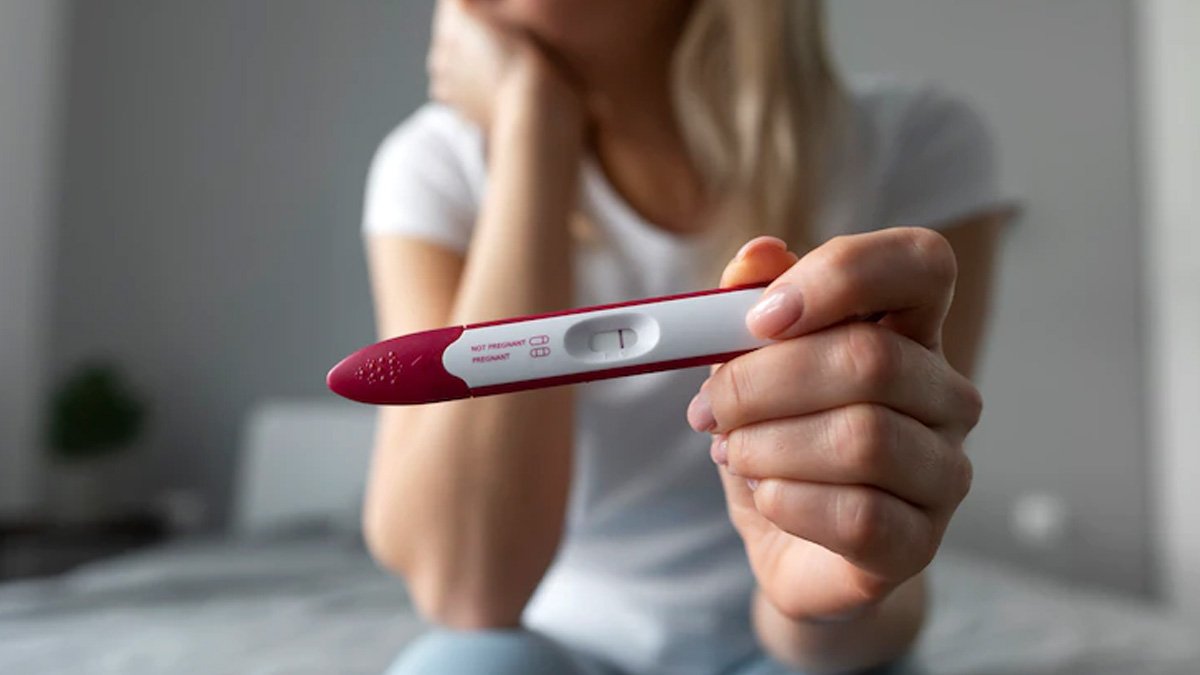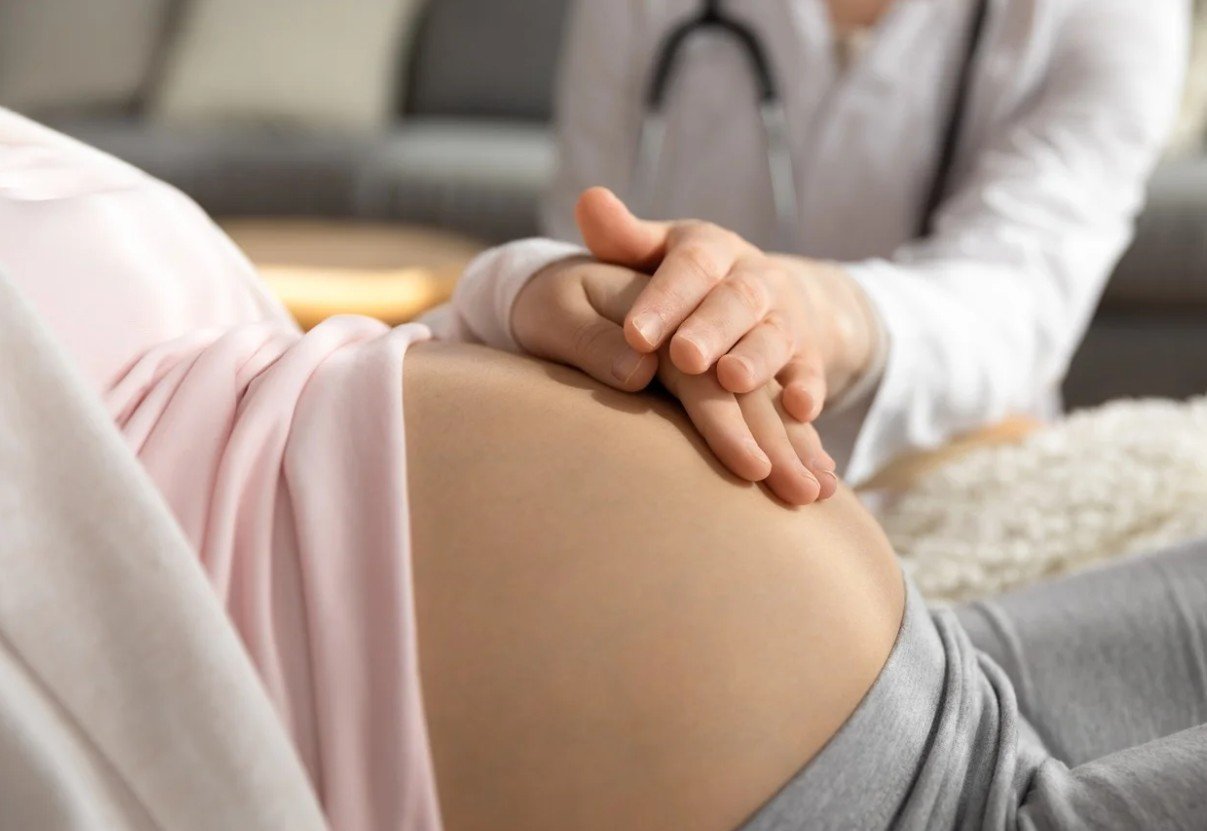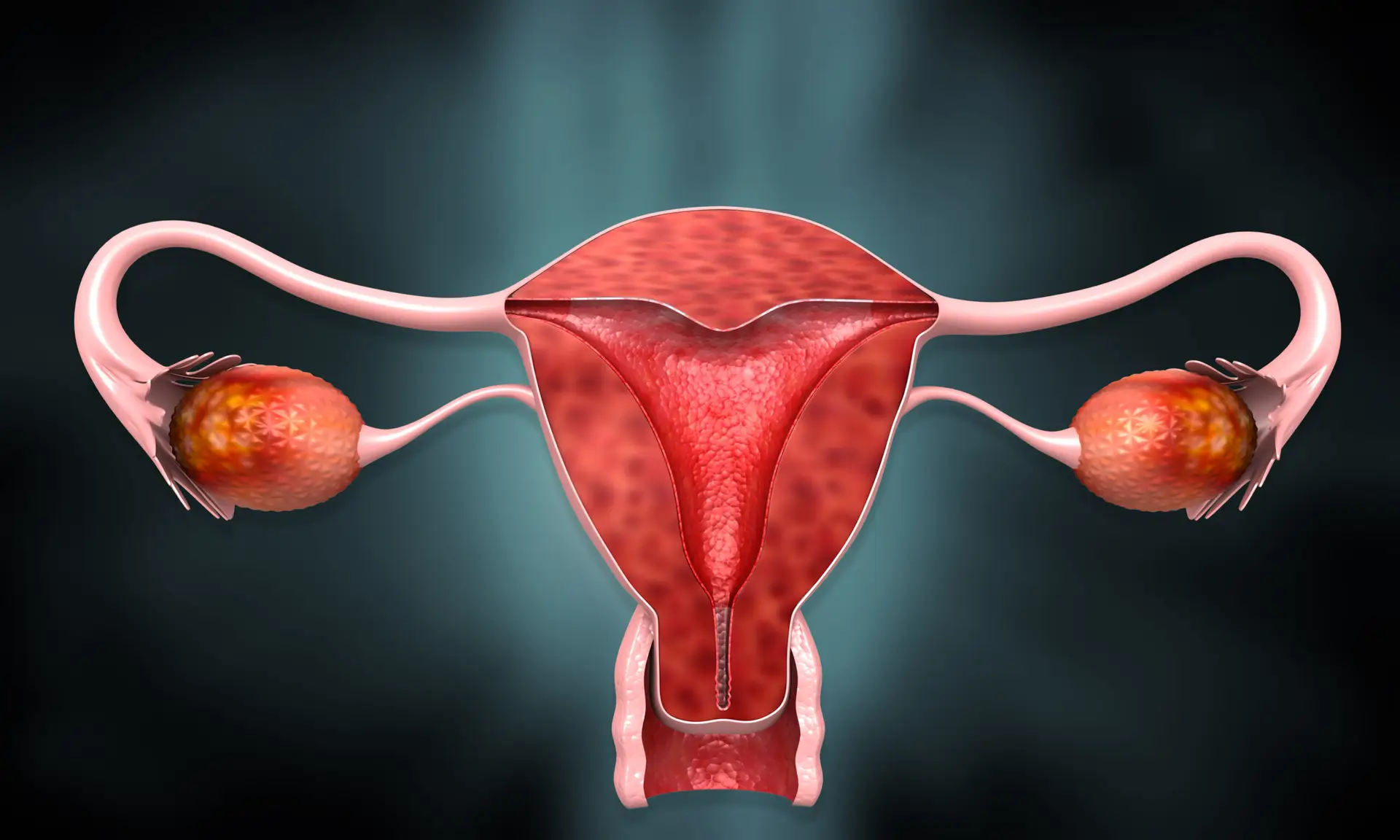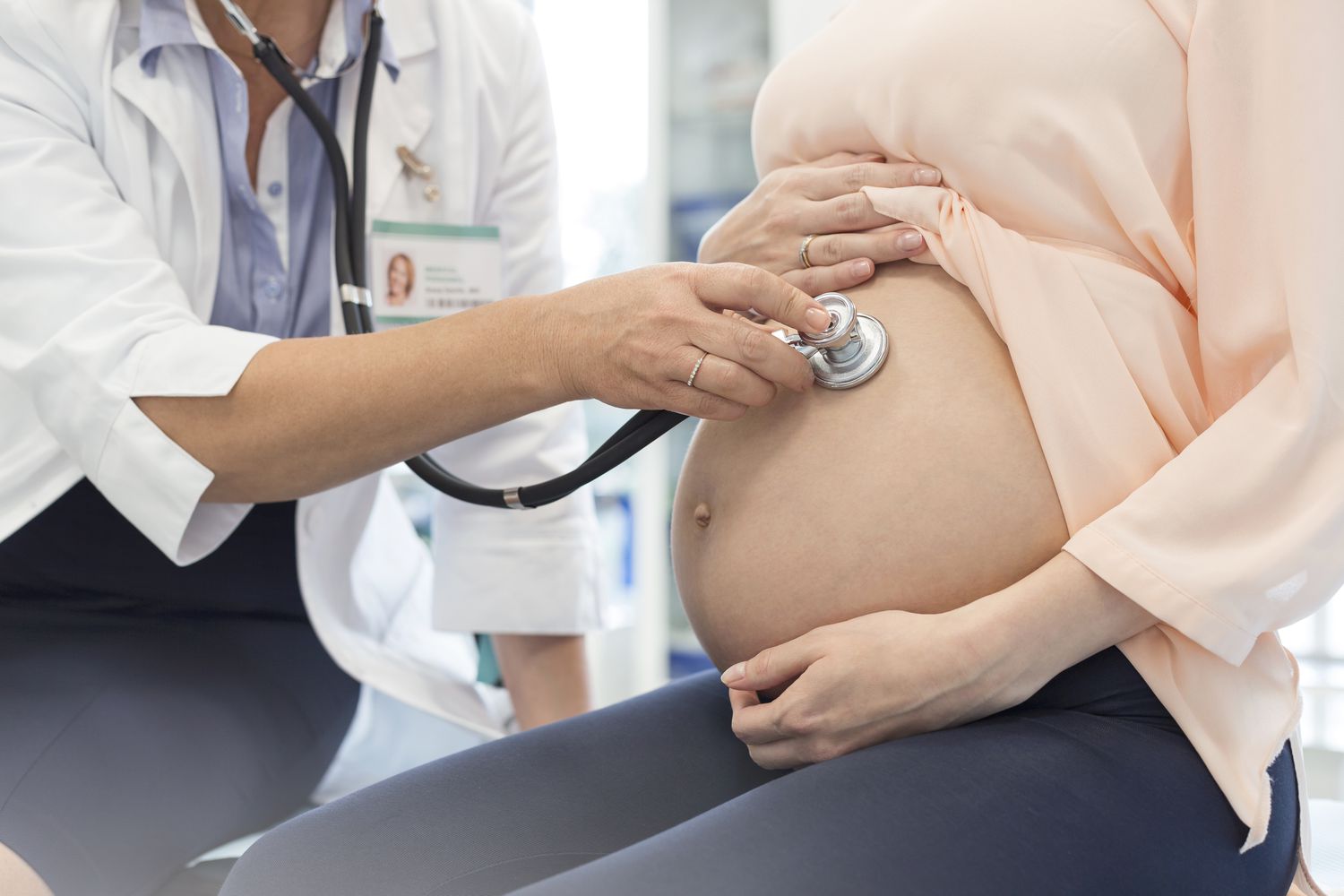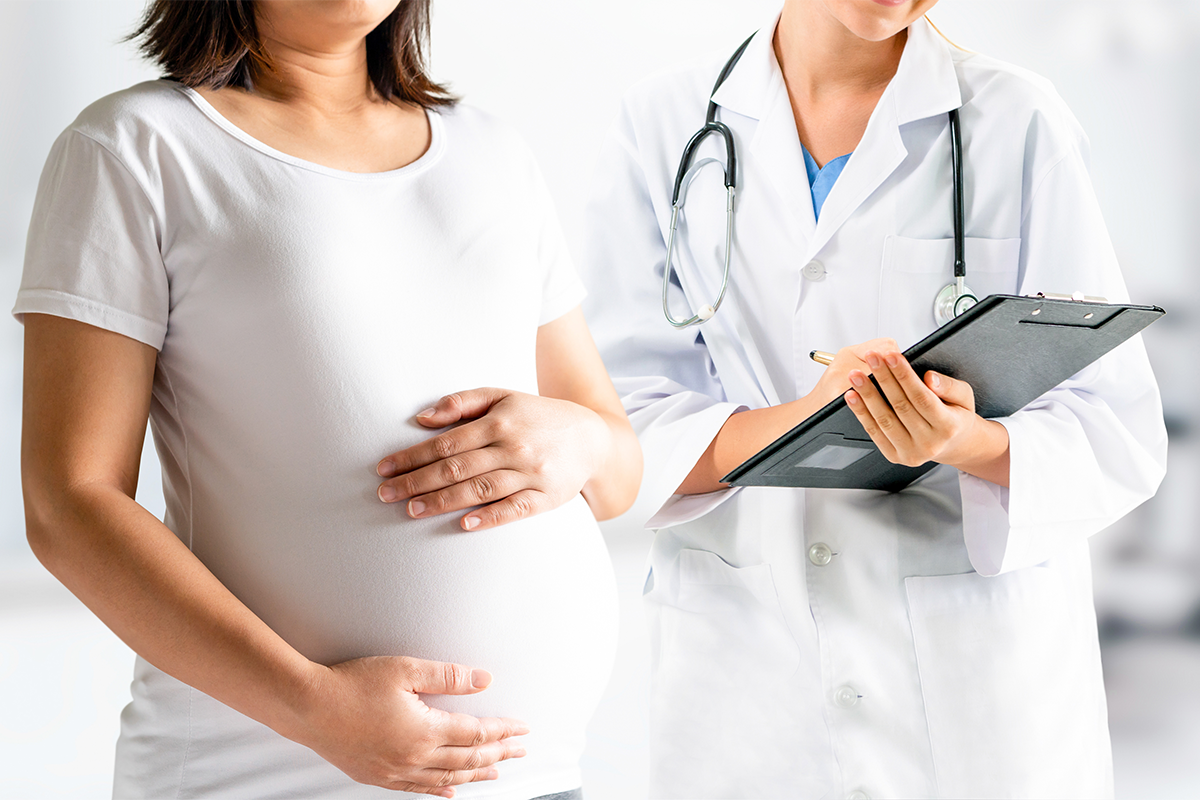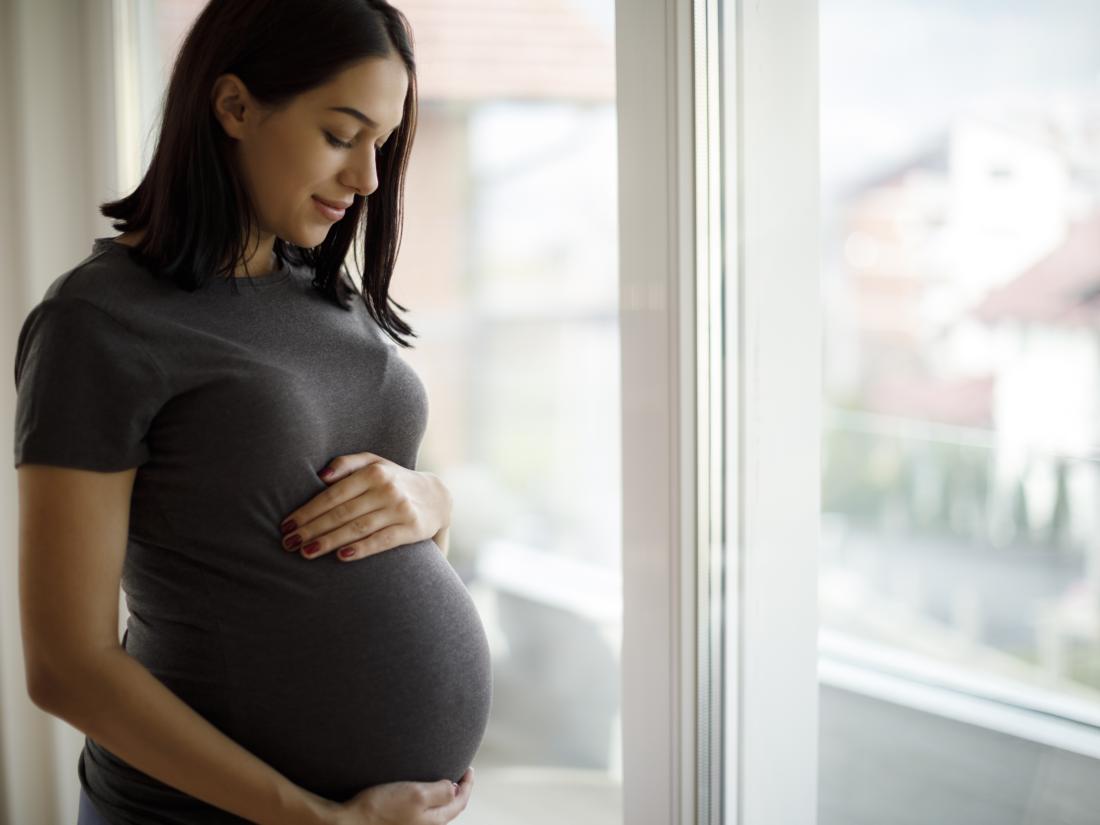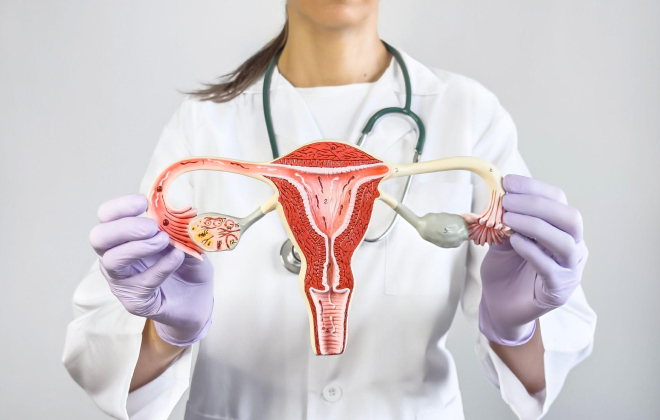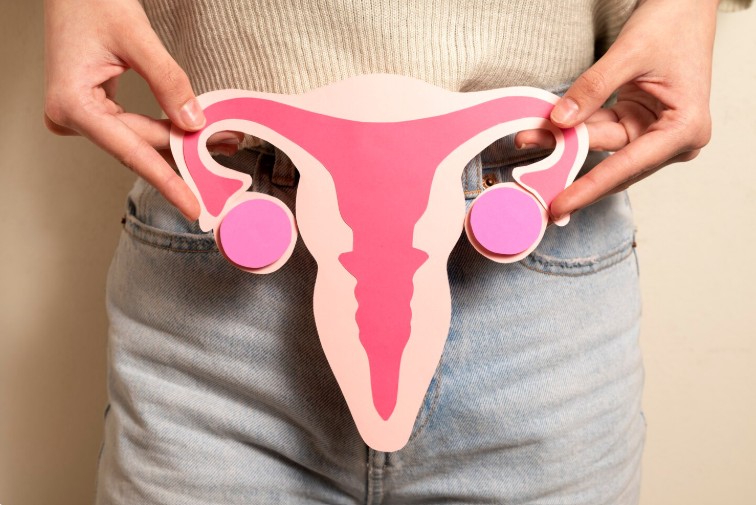Infertility can be a deeply emotional and confusing experience for women and couples alike. Many women blame themselves or delay seeking medical advice due to myths, fear, or lack of awareness. The truth is, female infertility is common and often treatable, especially when diagnosed early.
If you are trying to conceive and facing difficulties, understanding the common causes of female infertility is the first step toward the right treatment. In this blog, Dr. Shweta Mendiratta, an experienced gynecologist in Faridabad, explains the major reasons behind female infertility and when you should seek medical help.
What Is Female Infertility?
Female infertility refers to a woman’s inability to conceive or maintain a pregnancy due to medical, hormonal, structural, or lifestyle-related factors. It can occur at any age but becomes more common as women grow older.
If pregnancy has not occurred after:
- 12 months of regular unprotected intercourse (below 35 years)
- 6 months (above 35 years)
…it is advisable to consult a gynecologist.
Common Causes of Female Infertility
1️⃣ Ovulation Disorders (Most Common Cause)
Ovulation disorders occur when the ovaries do not release eggs regularly.
Common reasons include:
- Polycystic Ovary Syndrome (PCOS)
- Hormonal imbalance
- Thyroid disorders
- High prolactin levels
Women with ovulation problems often experience irregular periods or missed cycles. According to Dr. Shweta Mendiratta, early hormonal evaluation can help restore ovulation with simple treatments in many cases.
2️⃣ Polycystic Ovary Syndrome (PCOS)
PCOS is one of the leading causes of infertility in young women.
Symptoms may include:
- Irregular or absent periods
- Excess facial or body hair
- Acne
- Weight gain
PCOS affects egg development and release, making conception difficult. However, with proper lifestyle changes and medical treatment, many women with PCOS conceive successfully.
3️⃣ Blocked or Damaged Fallopian Tubes
The fallopian tubes play a crucial role in fertilisation. If they are blocked or damaged, the sperm cannot meet the egg.
Causes include:
- Pelvic infections
- Previous surgeries
- Tuberculosis
- Endometriosis
A gynecologist in Faridabad may recommend imaging tests to check tubal patency and guide further treatment.
4️⃣ Endometriosis
Endometriosis occurs when tissue similar to the uterine lining grows outside the uterus.
It can cause:
- Severe menstrual pain
- Pain during intercourse
- Infertility
Endometriosis can affect ovulation, fertilisation, or implantation. Early diagnosis helps in better fertility outcomes.
5️⃣ Uterine Abnormalities
Problems within the uterus may interfere with implantation or pregnancy continuation.
These include:
- Fibroids
- Polyps
- Congenital uterine abnormalities
- Scar tissue
Dr. Shweta Mendiratta often emphasises that not all fibroids cause infertility, but some may require treatment depending on size and location.
6️⃣ Age-Related Fertility Decline
Female fertility naturally declines with age, especially after 35 years.
- Egg quantity and quality reduce
- Risk of chromosomal abnormalities increases
- Pregnancy complications become more common
This makes timely consultation extremely important, especially for women planning late pregnancies.
7️⃣ Lifestyle and Environmental Factors
Modern lifestyles can also impact fertility:
- Chronic stress
- Poor diet
- Smoking or alcohol
- Obesity or being underweight
- Lack of physical activity
Addressing these factors can significantly improve natural fertility.
When Should You See a Gynecologist for Infertility?
You should consult a gynecologist in Faridabad if you experience:
- Irregular or absent periods
- Severe menstrual pain
- Repeated pregnancy loss
- Difficulty conceiving after one year
- Known hormonal or thyroid issues
Early evaluation allows simpler and more effective treatment options.
Patient Queries About Female Infertility
❓ Can infertility happen even if periods are regular?
Yes. Regular periods do not always guarantee ovulation or egg quality.
❓ Is infertility always a woman’s problem?
No. Male factors contribute to infertility in nearly 40–50% of cases.
❓ Can infertility be treated without IVF?
Yes. Many women conceive with medication, lifestyle changes, or minor procedures.
❓ Does stress really affect fertility?
Chronic stress can disturb hormonal balance and ovulation patterns.
FAQs – Female Infertility
Q1. Is female infertility permanent?
Not always. Many causes are reversible or manageable with treatment.
Q2. How is female infertility diagnosed?
Diagnosis includes blood tests, ultrasound, hormonal evaluation, and sometimes tubal tests.
Q3. Can PCOS patients get pregnant naturally?
Yes, many women with PCOS conceive with proper medical support.
Q4. Is infertility treatment painful?
Most tests and treatments are minimally invasive and well tolerated.
Q5. Who should I consult for infertility in Faridabad?
An experienced gynecologist like Dr. Shweta Mendiratta is the right first step.
Why Consult Dr. Shweta Mendiratta for Female Infertility?
Dr. Shweta Mendiratta is a trusted gynecologist in Faridabad known for:
- Expertise in infertility and hormonal disorders
- Ethical, evidence-based treatment
- Individualised care plans
- Focus on natural conception when possible
- Compassionate patient counselling
Her approach ensures that patients feel informed, confident, and supported throughout their fertility journey.
Importance of Location-Based Care in Faridabad
Choosing a gynecologist in Faridabad offers:
- Easy access for frequent follow-ups
- Faster diagnostic coordination
- Personalised continuity of care
Local expertise helps ensure better long-term outcomes.
Final Thoughts
Female infertility can feel overwhelming, but understanding its causes can bring clarity and hope. Many women go on to conceive successfully with timely diagnosis and proper treatment.
If you are facing difficulty in conceiving, consulting an experienced gynecologist like Dr. Shweta Mendiratta in Faridabad can help you take the right steps toward parenthood with confidence.

